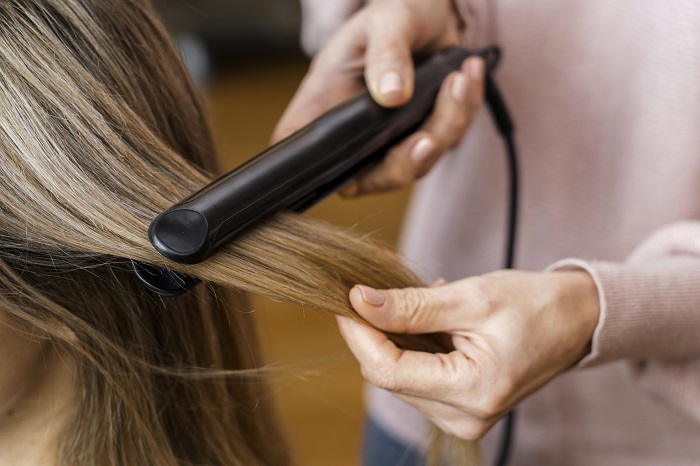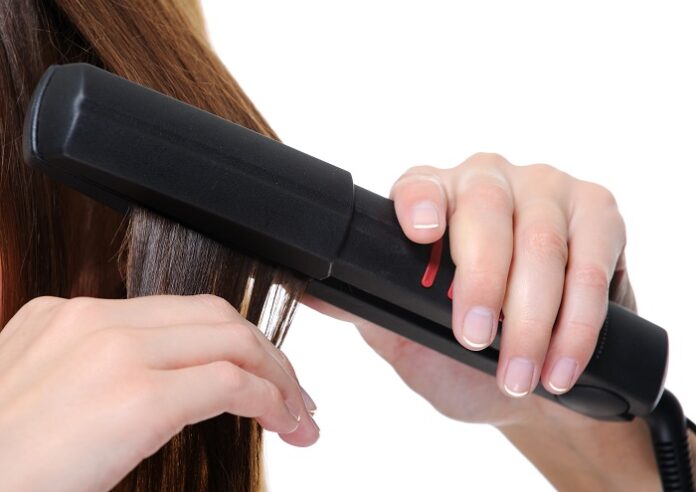A majority of people like straightening their hair. It offers a clean and sleek look. And on top of that, hair straightening might be the solution for those who’re battling it out with knotty, frizzy, or unmanageable hair. But there are reports that say that straightening hair can have disastrous results, especially for women. The hair straightener process involves the application of a chemical relaxer. This is done so that the protein bonds in your hair break down and the hair stays straight as a line. However, the formaldehyde in products related to hair straightening becomes dangerous when exposed to heat. This, in turn, increases the risk of uterine cancer.
The points mentioned above are the basis of the hair straightener uterine cancer lawsuit. The lawsuit is a multidistrict litigation (MDL) that combines other hair straightener lawsuits.
Uterine Cancer
Let’s understand the basics first.
Uterine cancer is the growth of cancer cells in the uterus. It is of two types.
- Endometrial cancer: Cancerous growth in the inner lining of the uterus
- Uterine sarcoma: Growth in the muscle wall of the uterus, the myometrium
A point to note here is that endometrial cancer is often used interchangeably with uterine cancer. The reason for this is that endometrial cancer accounts for 95% of all uterine cancer cases. Uterine sarcoma is rare.
There are reports that 3% of women and people with AFAB will be diagnosed with uterine cancer at some point in their lives. There are roughly 65,000 uterine cancer diagnoses each year. Uterine cancer is the fourth most common type of cancer in women and people with AFAB.
The symptoms of uterine cancer include:
- Bleeding in the vagina before and after menopause
- Pain in the lower abdomen
- Pelvic cramps
- Clear or white vaginal discharge for those in the postmenopause stage
- Frequent bleeding of the vagina for those older than 40

Hair Straighteners and It’s Connection With Uterine Cancer
There was research conducted for 50,000 women and people AFAB by Sister Study, a national agency that comes under the US National Institute of Environmental Sciences. The objective of the research, whose participants were in the age range of 35 and 74, was to understand how genetics and the impact of the environment increased breast cancer risks.
The study did produce positive results. The first finding was the connection between hair dyes and chemical straightening products with the increased breast cancer risks. Later, a link was established with ovarian cancer as well. Eventually, the study shifted its focus to uterine cancer.
The study reported that women who used hair-straightening products were at an increased uterine cancer development risk. To speak in numbers, women who develop uterine cancer by the age of 70 who never use hair straighteners at 1.64%. This number was 4.05% for regular hair straightener users.
The cause for this may have been the carcinogenic chemicals in some of the hair straighteners.
Lawsuits
Studies are still in progress to establish a firm link between hair straightener use and uterine cancer.
In October 2022, Jenny Mitchell became the first woman to file a hair straightener uterine lawsuit. She filed the lawsuit against L’Oréal.
As of November 2023, there have been plenty of lawsuits similar to Jenny Mitchell’s. There are currently 7,967 lawsuits pending in the Illinois MDL.
What Next?
If you regularly use hair straighteners and have recently developed uterine cancer, you might have a valid case on your hands.
Reach out to an experienced hair straightener uterine cancer lawyer to find out what your options are. Some even offer free consultations, so you don’t have to worry about spending a ton on finding your eligibility.





